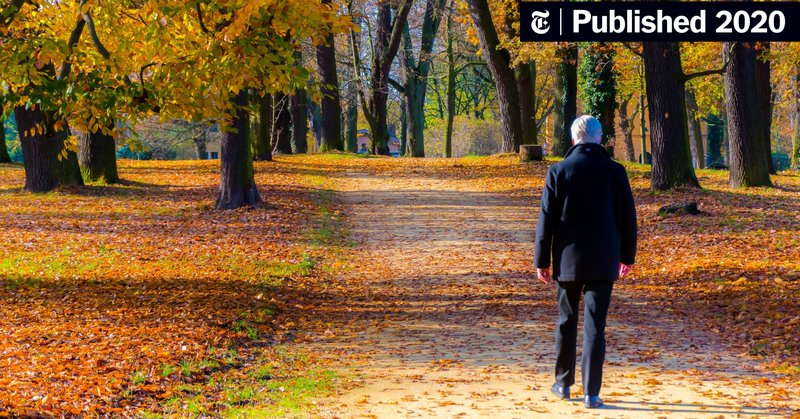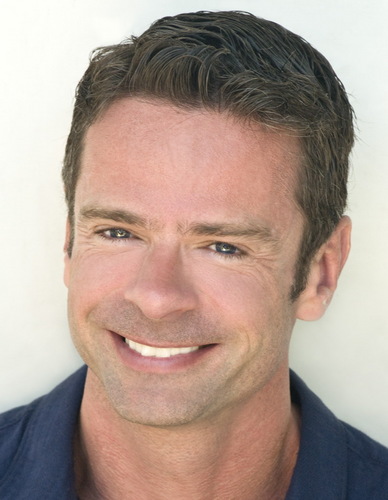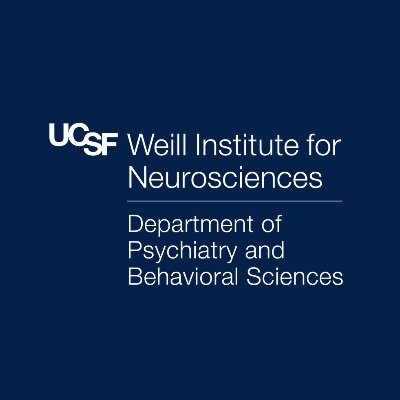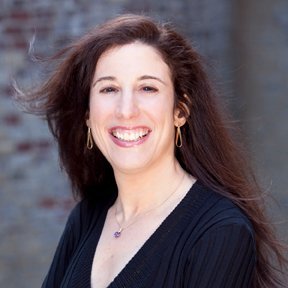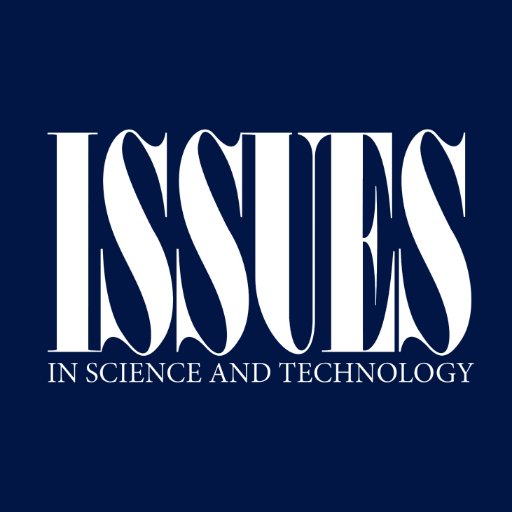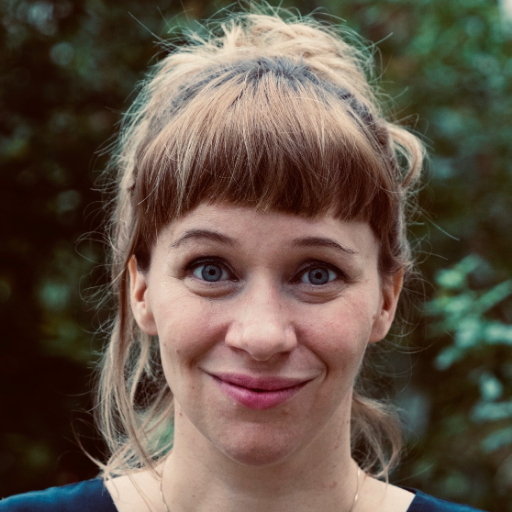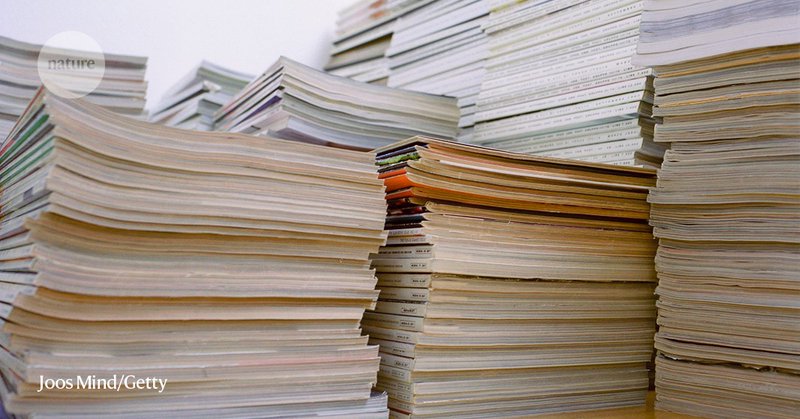
Virginia Sturm
@brainsturming
Followers
561
Following
764
Media
1
Statuses
89
Always brainstorming about the brain and emotions. Associate Professor and clinical affective neuroscientist at @UCSFmac @GBHI_Fellows.
San Francisco, CA
Joined July 2020
A wonderful new article about the benefits of awe walks— thank you all for supporting this work! @GretchenReynold @UCSFmac @GBHI_Fellows @UCSF_CAN_Lab @nytimes
nytimes.com
Older men and women who took a fresh look at the objects and vistas around them felt more upbeat and hopeful.
1
13
54
So grateful for all the support we’ve received along the way from Chandler Zablo and @bizbookpr at Fortier and to Lucy Kennedy @routledgebooks. And of course thank you to our colleagues at @UCSFmac 🧠. Excited to report that our book is on the @USATODAY bestseller list!
On this week's @USAToday bestseller list is #MysteriesofTheSocialBrain: Understanding Human Behavior Through Science by @UCSFmac neuroscientists @brucemillerucsf and @brainsturming from @RoutledgeBooks #neuroscience
https://t.co/HMVJKadaFX
3
3
10
👏 Kudos to Atlantic Fellows @embrotherhood, Mawuli Lawson, @AkiyaMuluken and special guest @brainsturming for hosting an inspiring Salon on Empathy—a core value of @GBHI_Fellows that drives leadership and connection. @UCSFmac @atlanticfellows #brainhealth #dementia
0
3
5
Earlier this week, we screened "The Rest I Make Up," a moving film by Atlantic Fellow Michelle Memran about her 15+ year collaboration with playwright María Irene Fornés during her journey with Alzheimer’s. Grateful to Michelle & our panelists for a powerful discussion. 🎬
0
3
8
Thank you @KQEDForum for inviting us on to your program. It was a wonderful discussion about aging, dementia, and the social brain. @UCSFmac
Bruce Miller, MD, and Virginia Sturm, PhD, join KQED’s Forum to explore how the brain’s adaptability can transform how we understand dementia, Alzheimer’s, and related disorders. Listen here:
0
0
7
Check out my new blog Thinking about Feelings in @PsychToday @UCSFmac 🧠
Even when awe stems from something frightening, such as natural disasters, it still motivates us to do good. Here’s why, by @brainsturming
0
3
6
Francisco Lopera, a pioneering and acclaimed Alzheimer's researcher, who worked for decades in Colombia with the world's largest extended family to suffer from the disease, has passed away.
nytimes.com
A neurologist in Colombia, he worked with the world’s largest extended family with Alzheimer’s and helped fuel research to prevent or delay dementia symptoms.
5
19
101
I'm thrilled to share our latest paper, the first to describe the neuroanatomic correlates of itching in patients with FTLD. A huge thank you to the amazing team at GBHI, UCSF! #AtlanticFellows @GBHI_Fellows @brucemillerucsf @brainsturming @Rankin_Lab @victorvalcour
1
7
30
Always wonderful talking with the amazing Jane Hirshfield about poetry and science ✍️🧠
On the latest episode of #TheOngoingTransformation podcast, @CPNAS’s @jtalasek sits down with poet Jane Hirshfield and neuroscientist @brainsturming to discuss the connections they’ve found between poetry, neural science, and society. Listen & subscribe:
0
0
3
This weekend, we attended #AffectScience2023 and had an amazing time learning about emotions! Congrats to @EleanorPalser and Patrick Hullett on presenting their own research at the conference. 🧠
1
4
14
The role of the autonomic nervous system in emotions is complex, but maybe we just need to examine it with fresh eyes. This paper changed how I think about its functioning during emotions and rest.
are emotions like soup? amazing paper showing unique constellation of patterned physiological changes in awe, sadness, disgust, amusement, disgust, and nurturant love by @lollo_pasquini, @brainsturming, and so many other brilliant folks https://t.co/6p5GLIOygH
0
3
20
‘Disruptive’ science has declined — and no one knows why
nature.com
Nature - The proportion of publications that send a field in a new direction has plummeted over the last half-century.
274
250
736
@EleanorPalser's clinical research focuses on neurodevelopmental disorders. She recently found children with dyslexia have higher resting parasympathetic activity, which may yield social benefits-- another strength in dyslexia! @AlbaLanguage @UCSFmac
https://t.co/RDGuplBje9
0
1
3
🎉🎉Congratulations to @EleanorPalser, @UCSF_CAN_Lab postdoc extraordinaire, who has won the @UCSF Chancellor Award for the Advancement of Women for her work on gender disparities in journal editorial boards. Listen to her discuss her work in this video: https://t.co/NFaxKGbaSX
1
1
15
We shook our heads, laughed, and reflected on the uncanny situation for a moment. I am increasingly grateful for my weak social ties. She helped me get home, and I still owe her $5. In any case, I look forward to seeing her next week at the bus stop and to saying good morning.
0
0
5
On the car ride home, I was struck by the irony of it all. I told her that I had been on the radio this morning talking about the people at our bus stop and the importance of the people in our lives that we don't know well. People like her.
1
0
3
The next bus wouldn't come for an hour. We quickly found another bus that would get us close to our stop at home. Together, we got on this other bus, rode to the end of the line, and shared a rideshare home. As we waited, we chatted and learned we had several things in common.
1
0
1
Yesterday evening, after this piece aired on @KQED, I arrived at the bus terminal to learn that my bus home was canceled. Another woman happened to arrive at the same time to hear the same news. We recognized each other because we wait at the same bus stop each morning.
1
0
1
During lockdown, I found myself wondering about a woman I used to see each morning at my @rideact bus stop. Before COVID, we would say good morning and wait for the bus. That was it. I didn't appreciate these brief interactions, however, until they were gone.
1
0
1
I wrote this story as a part of a speech for the end-of-year celebration that we hold for @GBHI_Fellows. I shared how my experiences during COVID made me appreciate the weak ties in my social network, a concept pioneered by Dr. Mark Granovetter, whose important work I discuss.
"Our weak ties allow us to reach more people across larger social distances than our strong ties, which is critical if we seek to do big things and to create change around the world." @brainsturming of @GBHI_Fellows @UCSFmac shares a @KQED Perspective https://t.co/HibHSZDbhM
1
4
19

